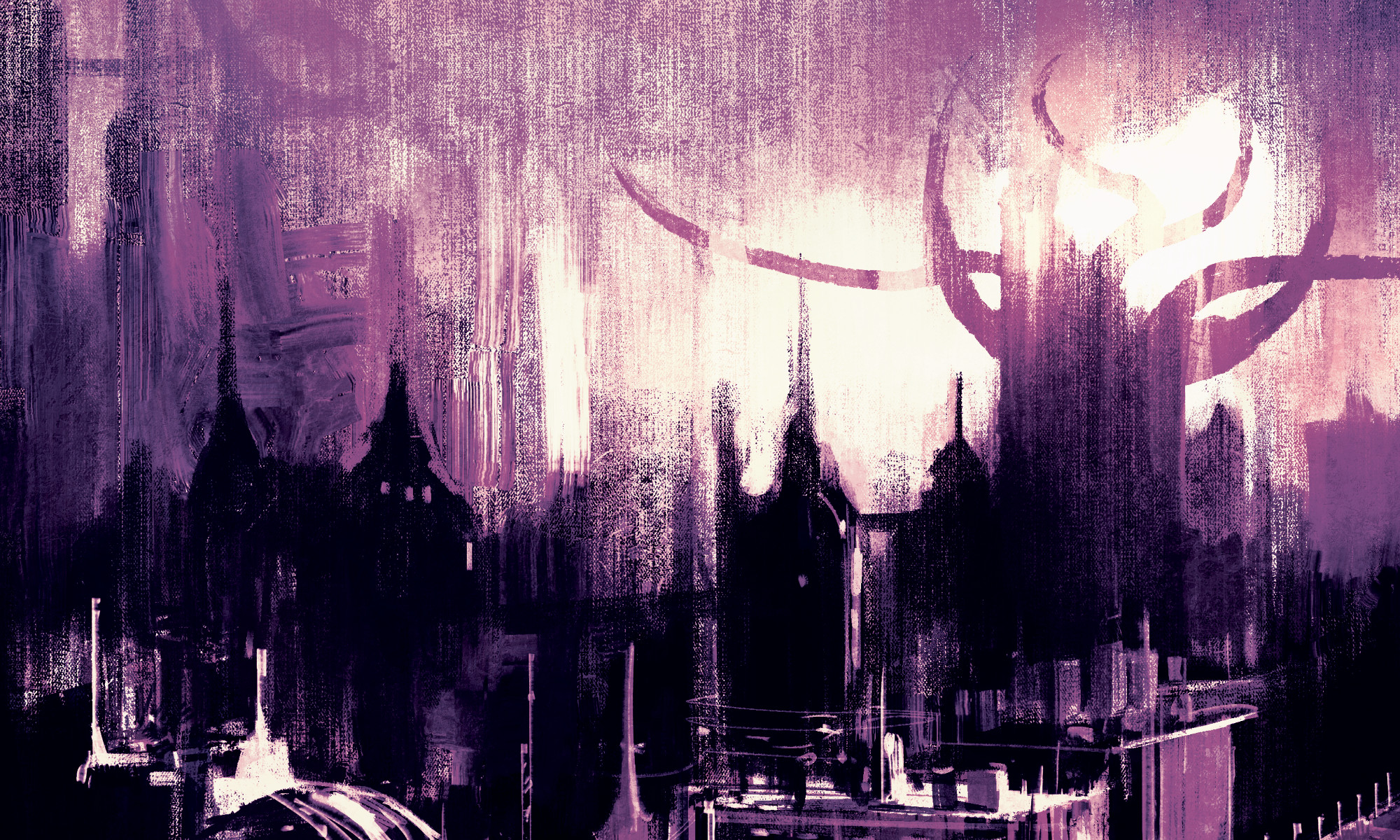All the 7 basic classes of OSE are fit to play in The Primal World of Thaia, some with practically no adjustment at all, others with some minor tweaks to fit the weird stone & sorcery style of adventure, which we will discuss in this short series of posts.

Note on Weapon Restrictions: In The Primal World of Thaia, there will be no weapon restrictions to any character class. All characters are able to pick up a stone axe and try to slash at a hungry dinosaur that is trying to eat their face. However, special and magical weapons specifically designed for certain types of characters are only still properly usable by those types of characters. Other character classes can try using them, but won’t get any benefit.
Illiteracy: Obviously, everyone in the setting is illiterate. There’s no written language (at least not one that the characters will be aware of in the start of the game). However, everyone can try to decipher cave wall paintings, and weird hieroglyphs, as long as the Referee deems it’s possible to.
Cleric (Shaman)
Individuals whose spirits and minds are aligned with forces few people can even sense in the world. They can talk to spirits, banish terrible creatures, cure wounds, and much more.
The Cleric will now be called a Shaman and will function exactly like a Cleric in any mechanical aspect related to the game rules. However, in the game world, their powers don’t necessarily come from an organized religious god or church, but from primal forces and spirits. This they can call a god, or gods, or ancestors, or guardian totems, or whatever else they believe (defined by the player on character creation).
Languages: Alignment, Human
Holy Symbol: Each Shaman defines what is a holy symbol in their belief system, and it can be anything from a rock to an elaborate hand crafted trinket.
Deity Disfavor: Even with a more loose “religion”, Shamans still have religious precepts they must follow and obey, or they risk penalties. The player must make these precepts clear.
Turning the Undead: Turn Undead functions a little bit differently for Shamans Thaia. Each Shaman can choose a type of creature that is considered “unholy” for their “religion” and they can turn these just like Clerics Turn Undead. Living creatures cannot be Destroyed (D) this way, and are instead knocked unconscious for 1 hour.
Dwarf (Molekin)
Short and stocky humanoids with coarse fur, and long hard claws in their hands, which they use to dig large tunnels underneath. Called Molekin by most of the free people of Thaia, they live in very organized communities and have recently established a peaceful relationship with the People of the Vale.
Dwarfs are now Molekin, a people of mole folk with a rigid and organized society that lives in tunnel complexes below the earth, who now seek to expand their culture to the outside world. They have a strong constitution, are able to see deep below the surface, can detect changes in the underground structure, have a great sense of smell, and have a strong martial culture.
Languages: Alignment, Human, Molekin, Ratkin, Nilbog, Insectoid
Combat: They have the same size restrictions as Dwarves and cannot use large weapons, bows and two-handed swords.
Improved Sense of Smell: Instead of being “Listening at Doors” abilities, Molekin have an improved sense of smell that allows them to clearly identify odors and smells with a 2-in-6 chance of success.
Digging Claws: Molekin have huge claws that allow them to dig as if they always have a shovel, and they can attack with them for 1d4 points of damage.
In the next post we will be back with some more details on adapting core classes of Old-School Essentials for Primal Quest and The Primal World of Thaia, an upcoming zine for Old-School Essentials and Primal Quest!

